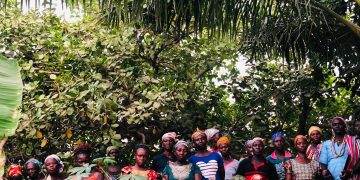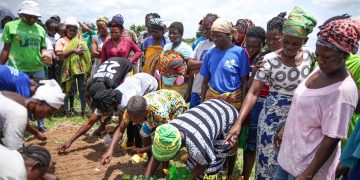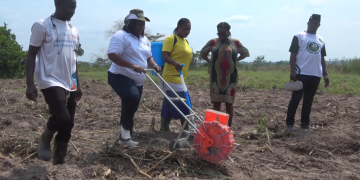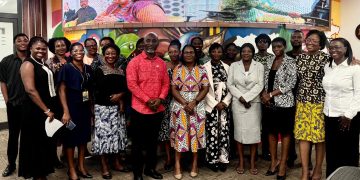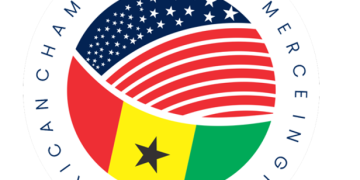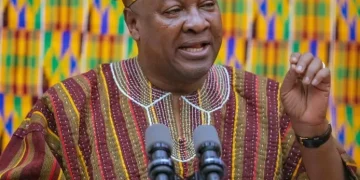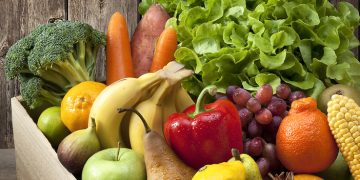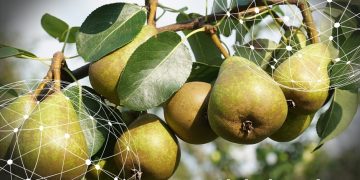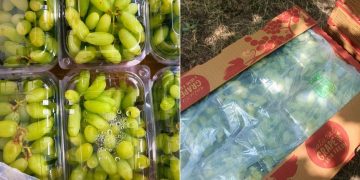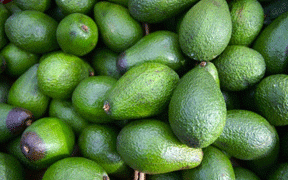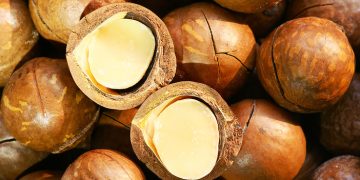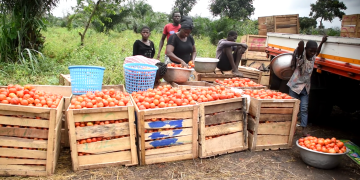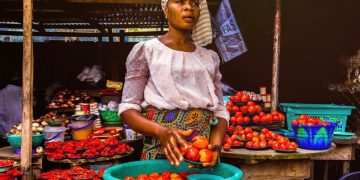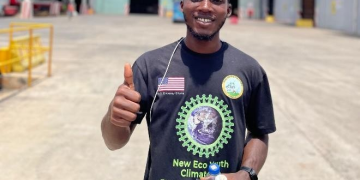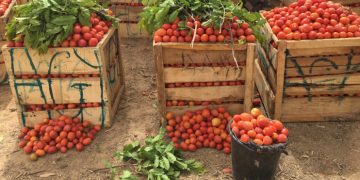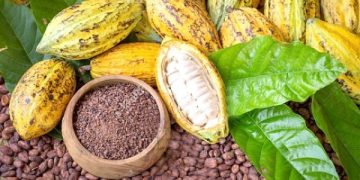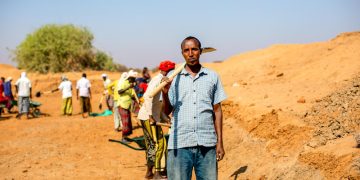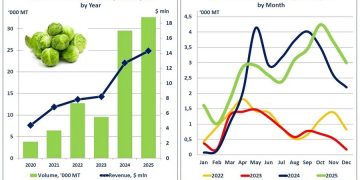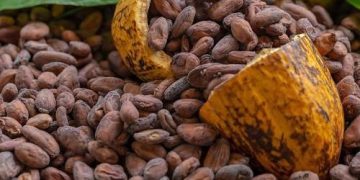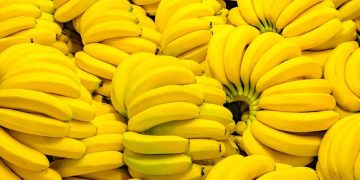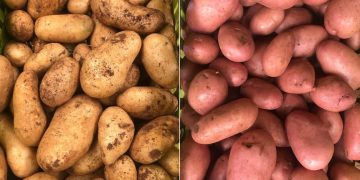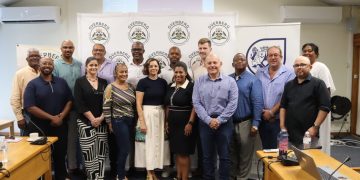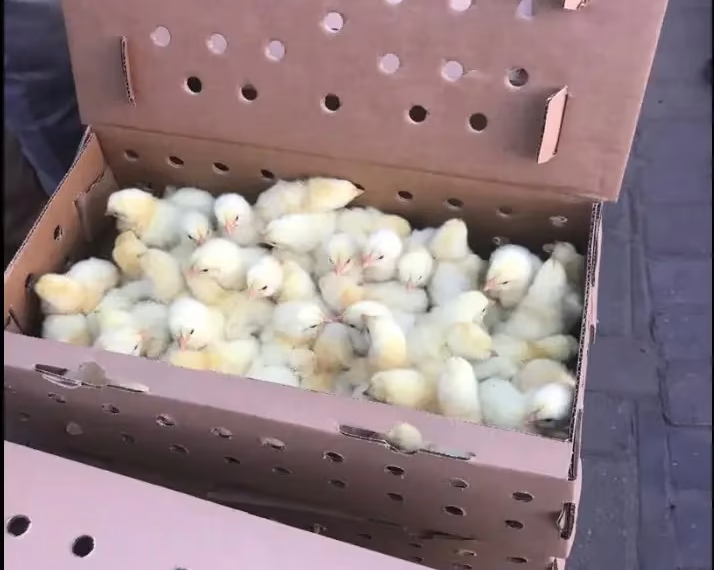The Minister for Food and Agriculture, Eric Opoku, has said that thirteen thousand farmers in twelve selected districts have received 720,000 birds in a pilot of the “Nkoko Nketenkete” Programme.
The districts are: Tamale Metro, Wa Municipal, Nanton, Savelugu, Mion, Krachi East, Bawku West, West Gonja, Nandom, Sissala East, East Mamprusi, and Mamprugu Moagduri.
Battery cages were distributed to support backyard poultry production. Based on the success of this pilot programme, a full rollout of the programme is happening over the next four weeks.
Mr. Eric Opoku said this while highlighting gains made in the agriculture sector and other policies rolled out to boost food production and develop agriculture in Ghana, at the Government Accountability Series in Accra on Monday, November 24.
President John Dramani Mahama officially launched the “Nkoko Nkitinkiti” initiative, a nationwide programme aimed at transforming household poultry production and revitalizing Ghana’s poultry industry, in Kumasi on Wednesday, November 12. He described the initiative as a bold and practical step towards achieving food self-sufficiency and empowering communities.
Eric Opoku further said that, as part of efforts to strengthen the poultry value chain, the following is being done:
-
50,000 four-week-old guinea keets supplied to 5,000 households for backyard poultry production.
-
50,000 fourteen-week-old pullets supplied to 500 female farmers for egg production.
-
50,000 broilers and 50,000 guinea fowls supplied to commercial poultry farmers at a 50% subsidy on Day-Old Chicks.
This has been complemented by feed, vaccines, and medication.
In addition, the project facilitates the distribution of critical fertilizer and seed inputs to participating districts, including:
-
Fertilizer: 46,400 bags (50kg) of NPK for maize; 1,080 bags (50kg) for rice; 5,200 bags (50kg) for soybean; 23,740 bags (50kg) of urea; and 15,460 bags (50kg) of organic fertilizer for vegetables.
-
Seed: 4,400 bags (50kg) of rice seed; 520 bags (50kg) of soybean seed; 100 bags (50kg) of cowpea seed; and 5,000 bags (50kg) of maize seed.
Mr. Eric Opoku further revealed that the Government of Ghana and the Korea Rural Cooperation (KRC) are developing irrigation infrastructure on 100 hectares of land.
This is to support rice seed production in Ghana, he said.
He assured that the Mahama administration is improving irrigation systems in the country to ensure all-year-round farming, stating that 10,000 tons of high-quality rice seed will be produced by 2027, putting Ghana “well on its way to rice seed independence.”
Regarding food inflation, Mr. Eric Opoku recounted that it rose to an unprecedented 61% in January 2023, was at 28.3% in January 2025, but stood at 9.5% by October 2025.
He further announced the following key developments under the Feed Ghana Programme in the past nine months:
-
Construction of 10 new small dams.
-
Rehabilitation of 8 existing irrigation dams.
-
250 solar-powered boreholes for farming communities and second-cycle schools across the five regions of the north, Bono, and Ahafo regions.
-
Rehabilitation is ongoing for the Vea, Weta, Tanoso, Kpong, Ashaiman, and Aveyime Irrigation Schemes.
-
25 solar-powered boreholes are underway (15 completed, 10 due in Q1 2026).
-
44 solar-powered boreholes for selected districts in the northern part of the country.
-
Processes have begun for the construction of several new Inland Valleys for rice production, including Anunuso, Atonsu, Kawampe, Odaho & Odamu, and Waamu-Kumi Inland Valleys, collectively covering hundreds of hectares in the Ashanti and Bono East regions.

